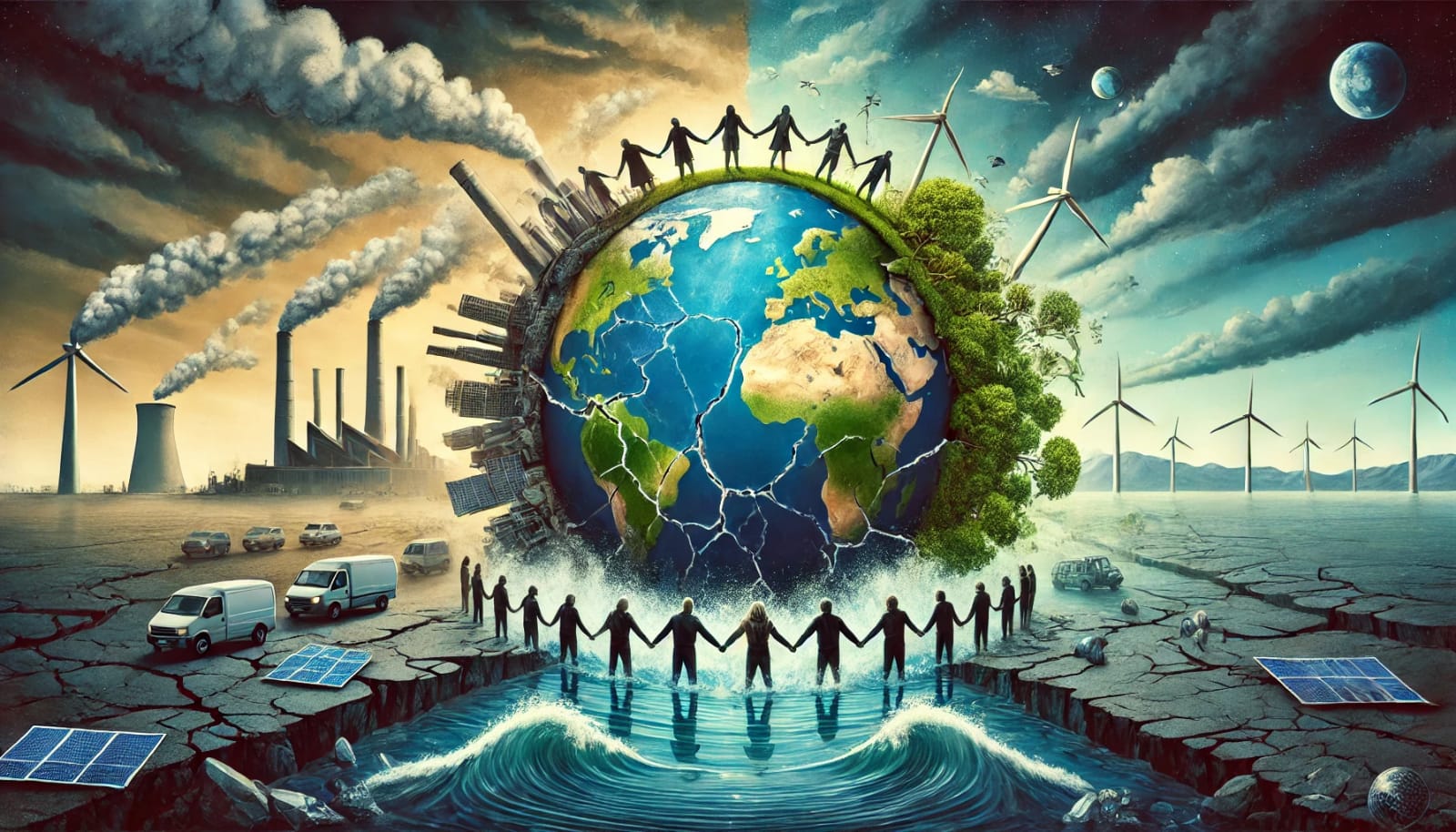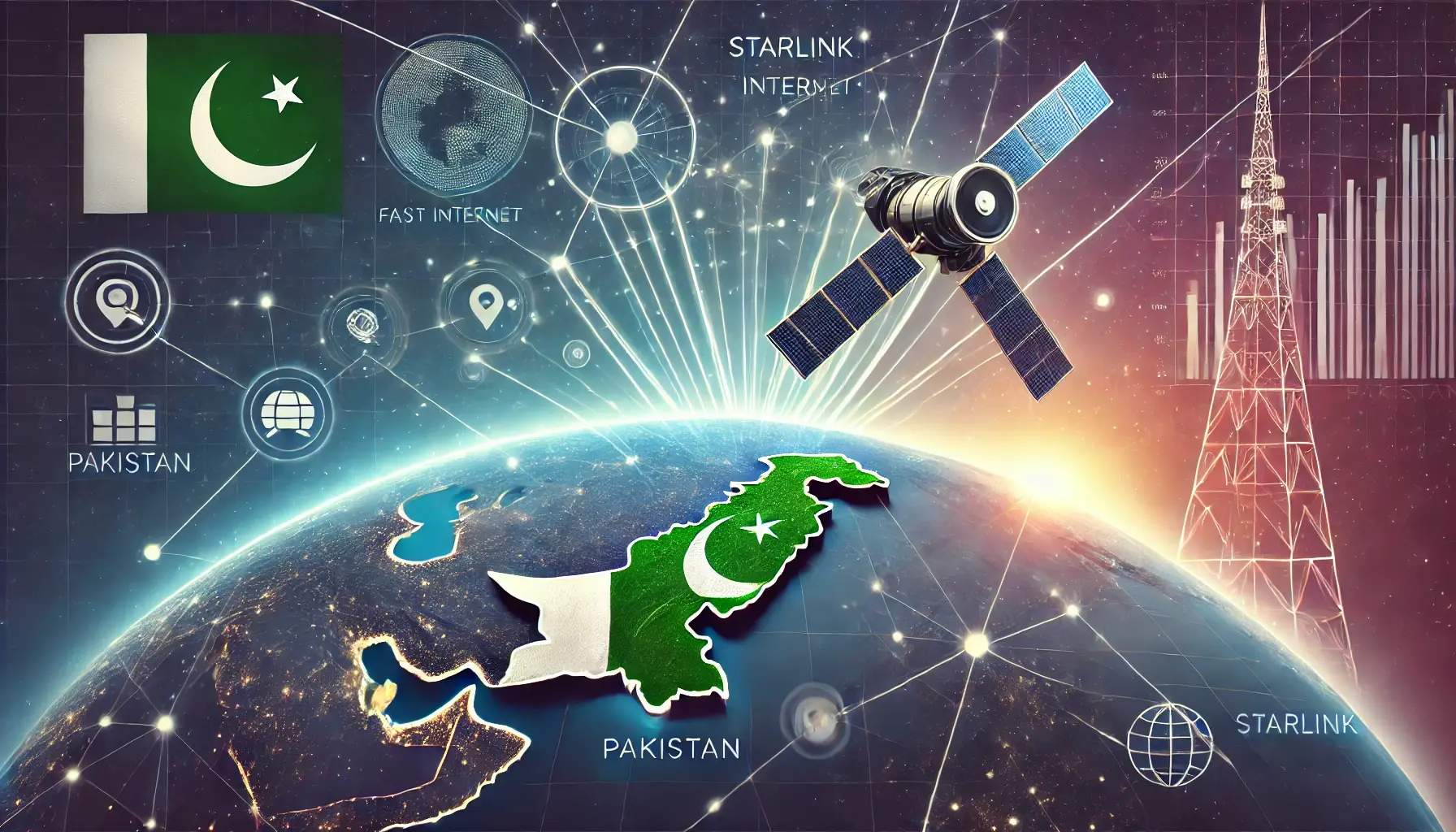This is an inarguable interconnection between climate crisis and global responsibility. Given that the repercussions of climate change jeopardize not only the ecological systems but also human societies, the prevailing climatic conditions necessitate a unified, international response. Global temperatures are increasing incessantly, and meteorological patterns have become progressively unpredictable with more frequent flooding, wildfires, and catastrophic storms. Collectively, these phenomena serve as unmistakable indicators of the peril facing our planet. International cooperation is severely lacking in this urgent effort to stem the tide; every human being, government agency, and corporation is responsible for facing this impending disaster.
The Climate Crisis: An Urgent Appeal to Human Awareness
From theoretical debate to call to action, climate emergency and global responsibility are urgent calls to the world. Science tells us that human activities, such as burning fossil fuels and chopping forests, are responsible for increased global temperatures.
The IPCC reports indicate that the earth might heat by as much as 1.5°C above preindustrial levels in 2030. This level is critical, marked by increases in extreme weather events, prolonged droughts, and higher sea levels threatening coastal cities and island nations. These effects will worsen as long as humans delay drastic actions. The fact that environmental degradation more catastrophically impacts less affluent nations further compounds the immediacy of this climate emergency. While these countries emit negligible global emissions, the imbalance represents another imperative for global mutual responsibility—each nation’s role in addressing this issue fairly and practically. Indeed, achieving the goals the international agreements have set if only the wealthier nations refuse to begin reducing their emission level will be nearly impossible.
The Function of Governments: Pioneering the Initiative
National governments are where the responsibility for global action begins. International agreements on climate change, such as the Paris Agreement, are geared towards bringing together countries to reduce emissions and meet specific financial commitments. Even so, that has not helped much with the pace because political and economic interests tend to win over.
Governments should commit to emission reduction but also adopt policies that will encourage a green economy, renewable energy, and adaptation to climate change by the most vulnerable sectors of society.
It is also necessary to recognize that the climate crisis and global accountability mean countries should place the planet’s well-being above quick financial gains. Countries reliant upon fossil fuels must formulate an equal transition that would not expose oil and coal industry workers to economic shocks.
The Significance of Worldwide Cooperation
Any single nation cannot accomplish the climate emergency and the collective responsibilities that require a global approach on its own. Climate change is beyond national borders, and its effects are felt everywhere. For example, the deforestation of the Amazon rainforest impacts carbon concentrations globally, and the melting of Arctic ice contributes to rising sea levels worldwide. In this regard, nations have to collaborate and share resources, technological advancements, and knowledge to respond to the effects of climate change effectively.
A vital aspect of international stewardship is ensuring that the most vulnerable developing countries will have all the tools and funds to abate climate change genuinely. Based on this understanding, the definition of “climate justice” applies to industrialized states, which have created the problem overwhelmingly and have to assist developing countries in monetary relief and technology transfer.
For instance, the United Nations Framework Convention on temperature change coordinates international cooperation through bodies. Every year, all the countries come together to bargain in the COP regarding how they can collectively mitigate the changes in the climate. Even the Paris Agreement was considered a tipping point regarding cooperation by every country as every nation promised to try to restrict the increase of the world temperature.
Innovation and technology form an essential part of the solution.
While the climate crisis and global accountability are addressed through policy frameworks and international collaboration, technological advancement is also essential. A shift toward clean and renewable energy forms is vital to reduce the carbon footprint associated with the overall global economy. Technologies related to solar, wind, and hydropower can replace the fossil fuels that contribute most to greenhouse gases.
For instance, it has significantly improved over the last few years while lowering city transportation emissions. Energy-efficient home appliances, eco-friendly construction materials, and carbon-capture technologies can drastically turn around industries that have thus far devastated the environment. Also, agriculture can improve carbon footprints through vertical farming or lab-grown meat.
The climate change crisis and the notion of global responsibility call for reducing emissions and creating a sustainable future. The development and applications of green technologies can reverse the effects of climate change while simultaneously catalyzing economic development and job creation in emerging industries.
The contribution of individuals to the international movement
Although governments and corporations bear huge responsibilities in dealing with the climate crisis, individuals also play an essential role. What individuals decide daily is either a catalyst for aggravating the impact of climate change or lessening its effects. One may drastically reduce their energy consumption, select eco-friendly products, and promote companies that focus on responsible and environmental practices.
Individual action also includes activism. Activism is crucial in forcing governments to take bolder steps. This will be feasible if people support environmental movements, reach out to their representatives, and bring it to social media to get attention for the cause. After all, collective power would impact policy change and push decision-makers to take greater responsibility.
Addressing disparities: A key area of global accountability.
The climate crisis correlates significantly with international responsibilities and greatly threatens social inequality. Poor communities are more affected by climate change, and they do so despite emitting less carbon and other greenhouses. It can bring catastrophic weather, such as floods, hurricanes, or heatwaves, which will displace an entire community, especially where the infrastructure is not robust enough to face those adversities. Considering this context, climate justice puts forth the need for equity in climate action. Industrialized countries and historical contributors to global emissions should acknowledge their role and aid the countries and communities affected more by climate change. A just and fair response of the world to climate change is to ensure the fair sharing of adaptation and mitigation responsibilities.
Moving Forward: A Global Commitment to Action
As the climate crisis and global responsibility evolve, the world must rush toward a sustainable, low-carbon future. This will require unprecedented global cooperation, political will, and willingness to innovate. Solutions are within reach, but they will only succeed if all nations work together and take shared responsibility for the planet’s health. Amongst the most promising changes over the past years is the recognition of the climate crisis. More and more people, companies, and states are waking up to their need to change and undertaking commitments to act. It ranges from investments in renewable energy to efforts in carbon neutrality. From all appearances, things look to be on the right track. However, so much work remains to be done, and the hour of decisive intervention is at our doorstep.
Conclusion: Climate Crisis and Global Responsibility
The climate crisis and global responsibility are interconnected issues that cannot be addressed independently. The only way forward is by pursuing international cooperation, technological advancement, and individual initiative toward a shared sustainable future. The climate emergency is more than just an environmental problem; it is humanitarian, social, and economic and needs coordination and cohesion. Global responsibility will be the best hope of saving humanity from the devastating impacts of climate change, creating a habitable earth for generations to come. The time for half-measures is over; it’s time to move on to international programs, assertive governance, and a commitment to sustainable practices.
Another Exciting Blog: Pat Cummins Closing in on Imran Khan – A Tale of Leadership and Bowling Brilliance








Leave feedback about this